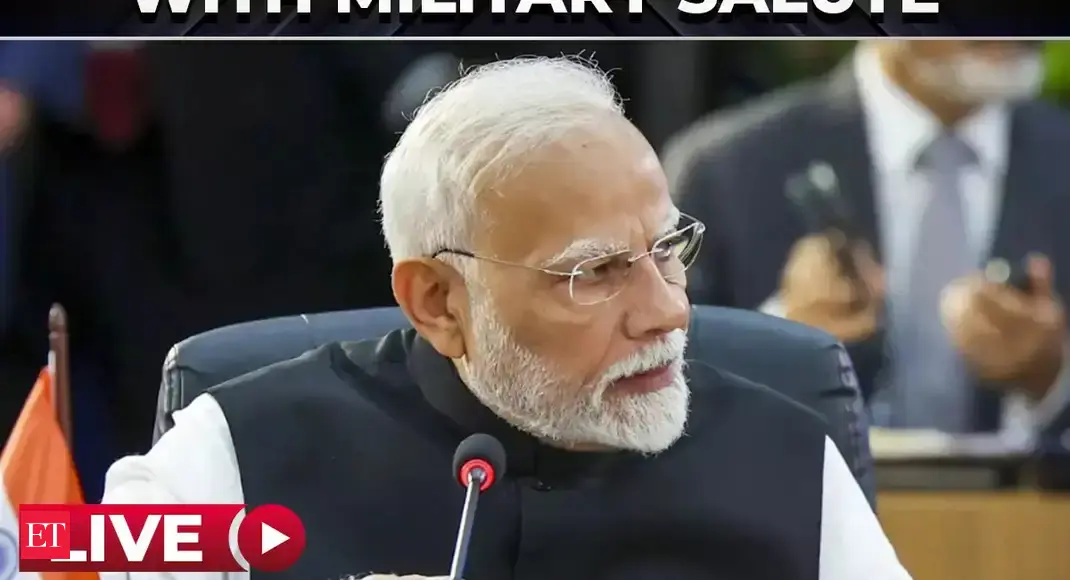

Following a "very productive" BRICS summit in Rio de Janeiro, Prime Minister Narendra Modi arrived in Brasília for a state visit, where he was warmly greeted by Brazilian President Luiz Inácio Lula da Silva. The Prime Minister's arrival was marked by a traditional Brazilian Samba Reggae performance by the Batala Mundo band, which Modi acknowledged as a global effort to promote Afro-Brazilian percussion. Members of the Indian diaspora also gathered at the airport to welcome him, a gesture that the Prime Minister appreciated, praising them for maintaining their connection with their roots.
The meeting between Modi and Lula aims to strengthen the strategic partnership between India and Brazil, focusing on trade, defense, energy, space, technology, agriculture, health, and people-to-people ties. India's Ambassador to Brazil, Dinesh Bhatia, indicated that four agreements are expected to be signed. The Prime Minister's visit to Brazil marks the first by an Indian Prime Minister in nearly six decades.
Both India and Brazil share a close and multifaceted relationship, elevated to a Strategic Partnership in 2006. They cooperate in plurilateral forums such as BRICS, IBSA, G20, G-4, the International Solar Alliance, the Global Biofuel Alliance, and the Coalition for Disaster Resilient Infrastructure, as well as in multilateral bodies like the UN, WTO, UNESCO, and WIPO. This partnership is built upon a shared global vision, democratic values, and a commitment to fostering economic growth with social inclusion.
The historical ties between India and Brazil date back to colonial times, with trade and cultural exchanges occurring between Goa and Brazil, both Portuguese colonies. These exchanges led to the introduction of crops like coconut and mango from India to Brazil, and cashew nuts from Brazil to India. Indian cattle breeds were also exported to Brazil, forming a significant portion of the country's livestock.
Formal diplomatic relations were established in 1948. However, relations developed slowly initially due to Brazil's opposition to India's 1961 Goa liberation. Economic reforms in the 1990s led to a revival of bilateral trade. In 2024-25, bilateral trade reached $12.20 billion, with Indian exports to Brazil amounting to $6.77 billion and imports from Brazil totaling $5.43 billion. India's major exports to Brazil include processed petroleum products, agrochemicals, pharmaceuticals, and engineering goods, while Brazil's exports to India include crude oil, soya oil, gold, sugar, cotton, chemicals, and iron ore.
Both countries maintain strategic dialogues and joint commissions to enhance cooperation. A 2+2 Political-Military dialogue was initiated in 2024. They also advocate for greater representation of Global South nations in international affairs.
Earlier, at the BRICS Summit in Rio de Janeiro, PM Modi emphasized the need for unified global action against terrorism, urging BRICS nations to overcome hesitation in imposing sanctions on terrorists. He stressed that giving silent consent to terrorism for personal or political gain should not be acceptable.
Looking ahead, the India-Brazil partnership is poised to play a significant role in shaping a new equilibrium of power internationally, bridging the gap between the Global South and North, democracies and developing nations, and development and growth.